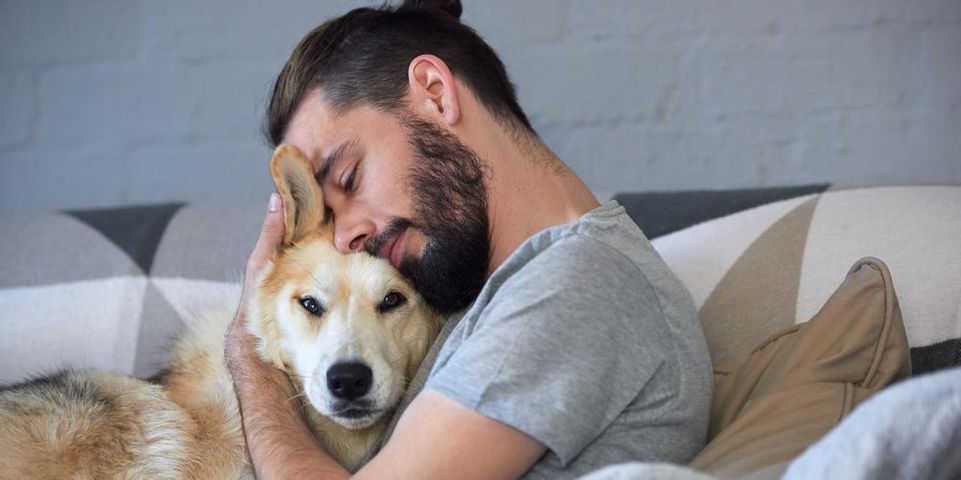
If you have ever lost a pet, you know the heartache of looking and hoping for them to return. A microchip makes it much more likely that your lost pet will be reunited with you if they are found and taken to a shelter. Microchips, which have a scannable code unique to your pet, are easily put in place by a veterinarian, and the procedure is no more painful than getting a vaccination. The animal care experts at Tanner Veterinary Hospital, in Russellville, AR, advocate microchipping your pet for the following reasons.
Why You Should Microchip a Pet
1. Statistics Prove a Higher Return Rate
Studies have shown that pets with microchips are up to 20 times more likely to be reunited with their owner than pets without one. The Humane Society estimates that up to 10 million pets are stolen, lost, or otherwise separated from their owners every year. A microchip is a safeguard against the distressing permanent loss of a pet.
2. It Backs-Up Tags & Collars
 Pets, especially cats, are experts at getting out of their collars. Although it is always a good idea to have identification on your pet, if this becomes lost, a microchip is a safe backup. Once the veterinarian has injected it under your pet’s skin, it bonds to the tissue and stays in place. It can’t get lost or broken like a collar and tags.
Pets, especially cats, are experts at getting out of their collars. Although it is always a good idea to have identification on your pet, if this becomes lost, a microchip is a safe backup. Once the veterinarian has injected it under your pet’s skin, it bonds to the tissue and stays in place. It can’t get lost or broken like a collar and tags.
3. They Are Updatable
When you get a microchip for a pet, you provide information such as the address and phone number. Unlike engraved tags, you can update this information whenever you need to, so even if you move or change phones, the chip is still useful. Update the microchip registry and veterinarian if your information changes even after you’ve lost a pet because it’s always possible that your animal will be found.
Tiny microchips are easy and painless to place in your pet, do not affect the pet’s quality of life, and are the best hope of you being reunited with an animal if they become lost. Tanner Veterinary Hospital offers microchipping along with boarding, dental care, vaccinations, surgery, and more. Call (479) 229-2600 to make an appointment with a veterinarian or use their website contact form.
About the Business
Have a question? Ask the experts!
Send your question

